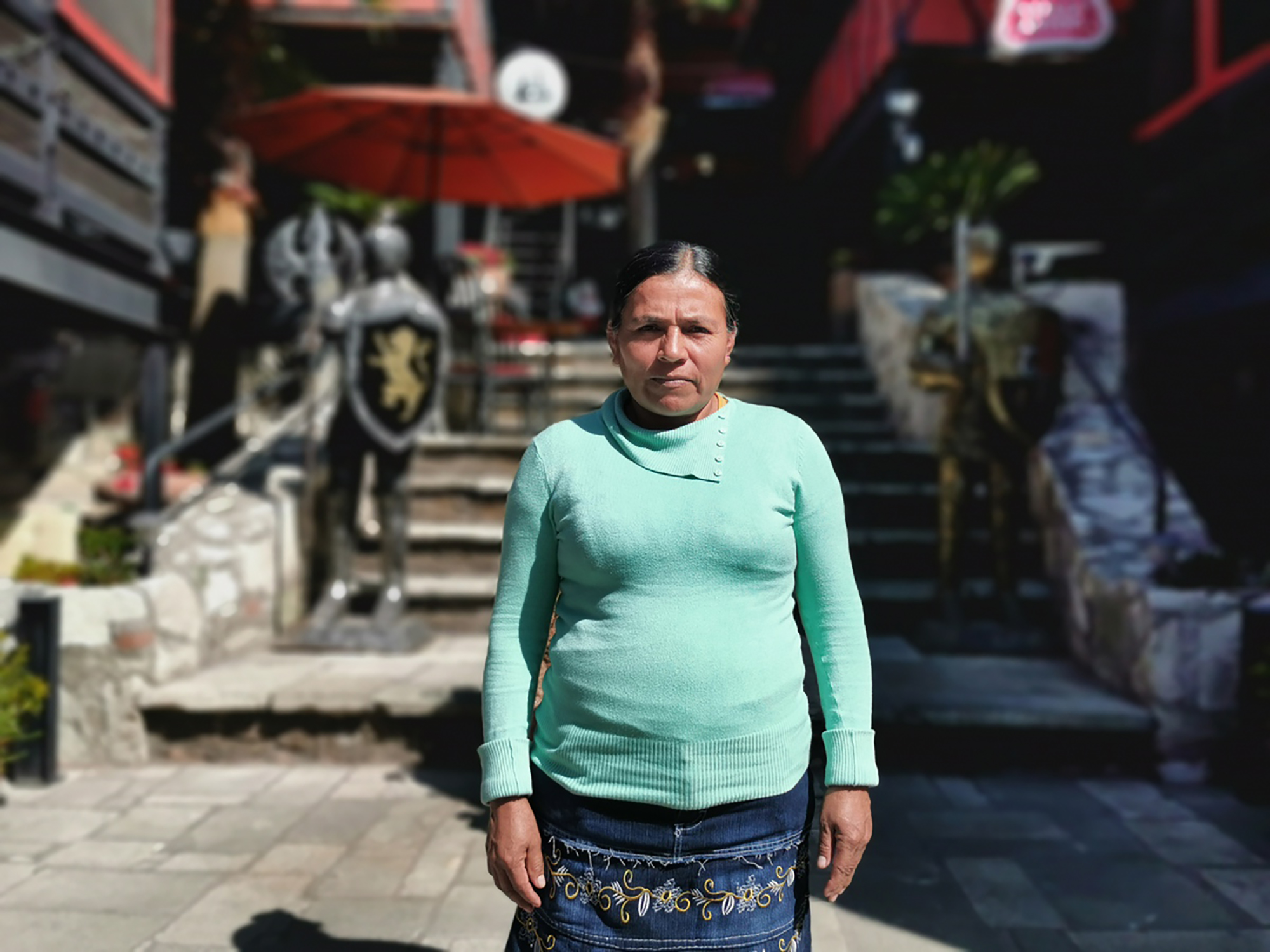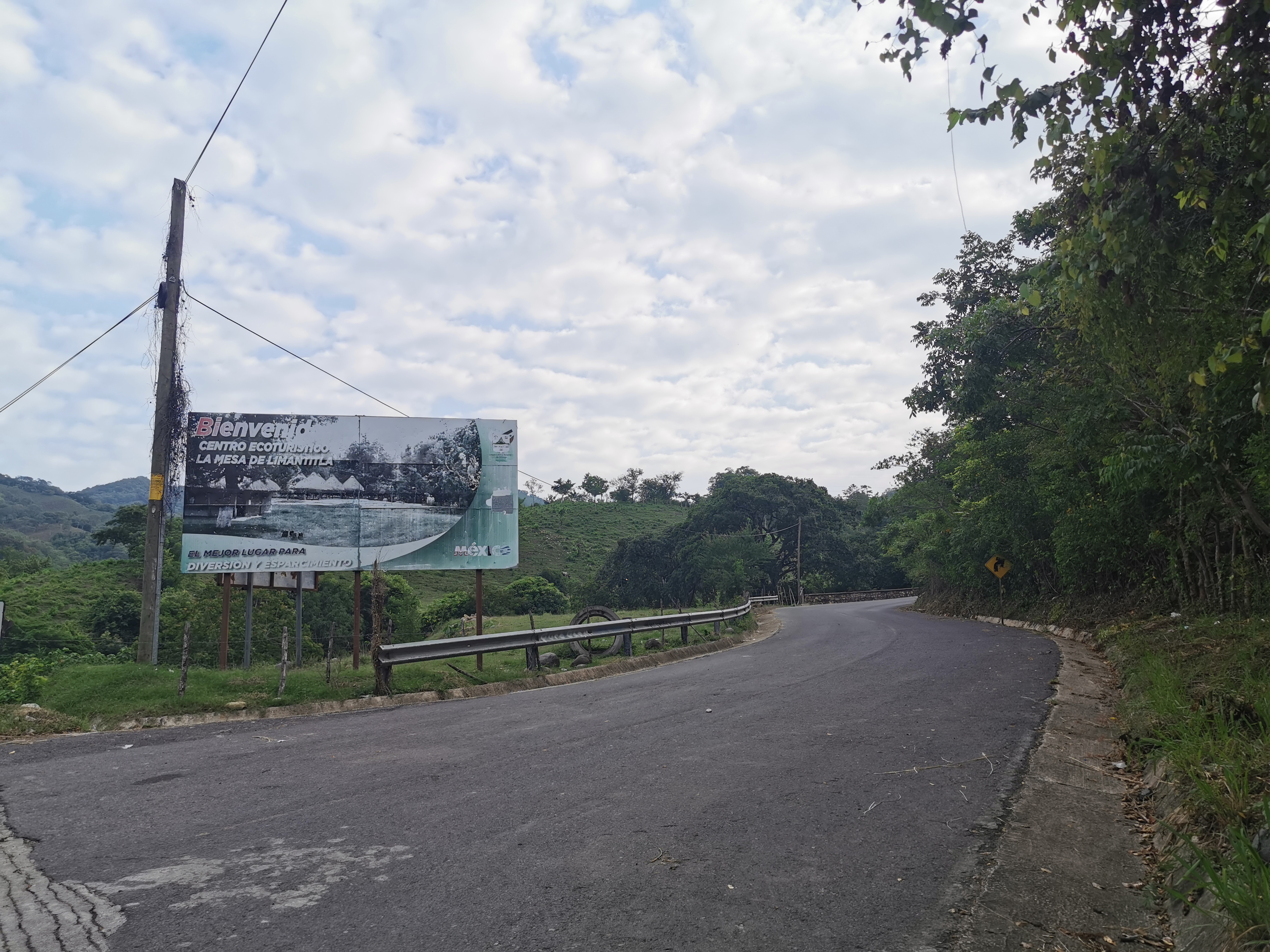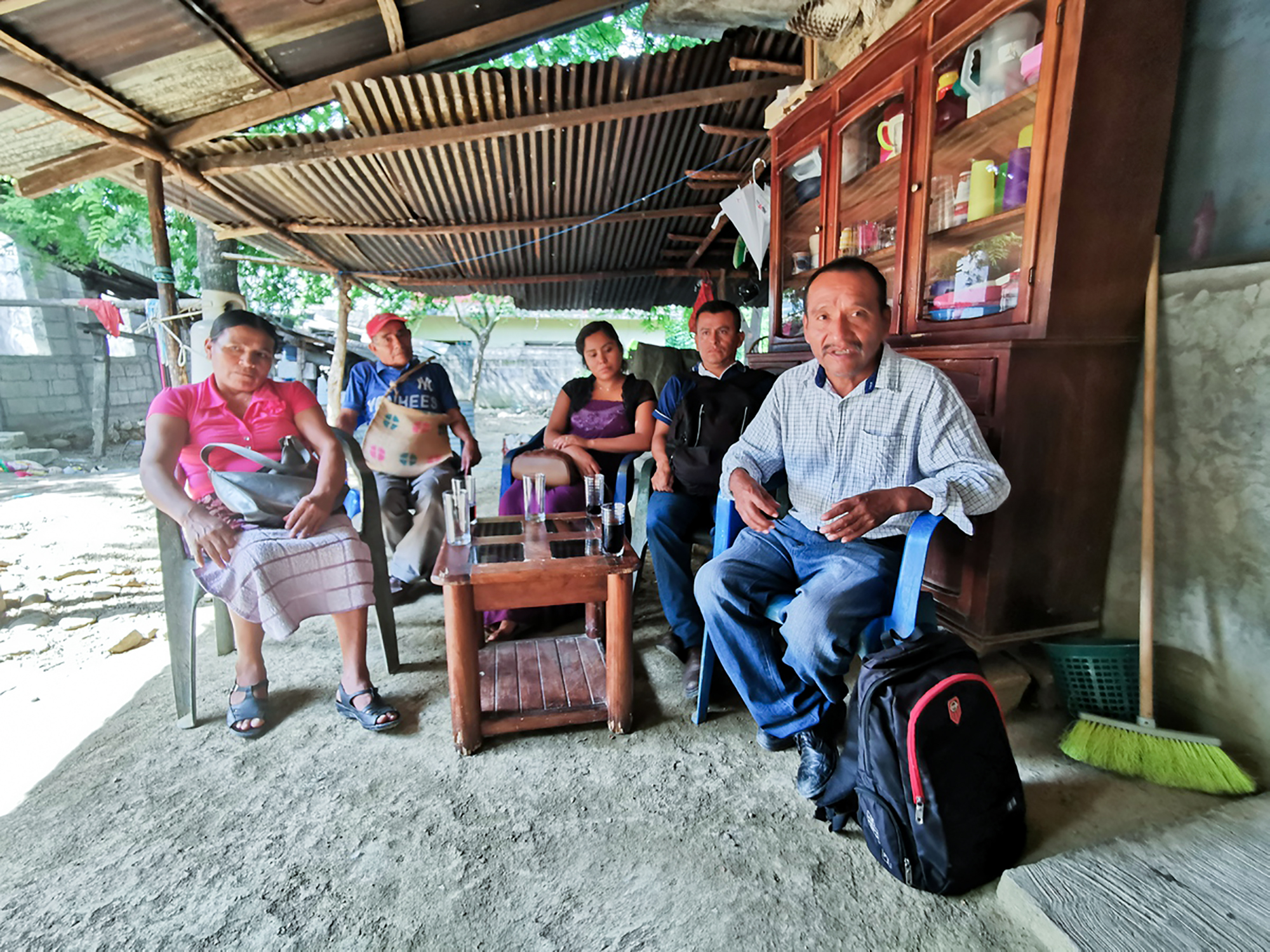While many people around the world are reaching for soap, water, and antibacterial hand gel to prevent the transmission of the new coronavirus, Angelina does not have that luxury.
Her family and a neighboring family had their access to water and sewage services cut off by local authorities in January 2019. Fifteen months later, they still have no access.
All in an attempt to force them to renounce their Protestant faith.
As of April 2, Mexico had reported more than 1,500 cases of COVID-19, with 50 confirmed deaths. Just three days prior, the government announced a national health emergency, suspending non-essential activities, banning gatherings of over 50 people, and encouraging the population to “stay at home for as much time as possible.”
Angelina, 50, with her three adult children, lives in the central state of Hidalgo, which reports 26 confirmed cases, 3 deaths, and a further 65 suspected cases. With this number all but certain to climb in the coming days, her family and others like them lack access to one of the first lines of defense against this invisible threat.
 CSW
CSWArticle 4 of the Mexican constitution states: “Everyone has the right to access, disposal, and treatment of water for personal and household consumption in sufficient measure, safely, acceptably, and affordably.” However, this right is not enjoyed by all people. Nor is the right to freedom of religion or belief.
Mexico is currently on a monitoring list for the US Commission on International Religious Freedom (USCIRF), having previously been considered a Tier 2 country. Moderate and severe violations of religious freedom remain common, particularly in the states of Hidalgo, Chiapas, Oaxaca, and Guerrero. [Editor’s note: From 2015 to 2019, Open Doors even put Mexico on its World Watch List of Christian persecution, where it ranked anywhere from No. 38 to No. 41 among the 50 worst countries.]
The Mexican government’s reluctance to proactively defend religious freedom is often compounded by the nation’s Law of Uses and Customs, which gives significant autonomy to indigenous communities to implement and maintain their own social and cultural norms.
This law is meant to be exercised in line with the human rights guarantees in the Mexican constitution; however, in practice, this is not enforced. Many local leaders in communities functioning under the law mandate uniformity of religious practice and belief—compelling all members of the community to participate in the religious activities of the majority or face punishment.
One of the most common violations of religious freedom in Mexico is the cutting of access to basic services, including water and electricity. On January 14, 2019, authorities cut water and sewage services to two Protestant families in the primarily subsistence farming village of La Mesa Limantitla in the Hidalgo municipality of Huejutla, after Angelina and the others asked to be excused from obligatory financial contributions and community work linked to the celebration of Roman Catholic festivals and activities. Today, they are no longer recognized as members of the community and must walk half a mile to access water.
 CSW
CSWIn addition to depriving religious minorities of access to basic services, even education, women within these groups can be singled out for particularly harsh treatment.
In the case of La Mesa Limantitla, Angelina was simultaneously stripped of her position as the community representative for Bienstar, a government well-being program. She was systematically ostracized and left without support after the local authorities threatened to cut other community members’ access to basic services if they visited her during her recovery from a hysterectomy in July 2019. Angelina told CSW, a UK-based religious freedom advocacy group, that as a result, no one visited her or offered support following the operation.
Angelina’s daughter-in-law, who was living with her as her caregiver after the surgery, was forced to return to her own home in the community because she was pregnant and could not continue without access to water and sewage services, leaving her mother isolated and alone.
Lack of access to clean water can lead to serious health issues such as malnutrition, diarrhea, and gastrointestinal disorders, creating a burden for those who are targeted as well as for those who care for the sick. The coronavirus pandemic is a real concern for many, but is of particular concern to those without basic sanitation.
Often government attempts to rectify situations such as these take the form of “agreements” and “negotiations,” which sometimes even invite further violations of freedom of religion or belief. For example, in an agreement with a community from Buenavista Bahuitz in the Chiapas municipality of Margaritas, children were forbidden from speaking about their faith and Protestants in the community were forced to pay a yearly special tax.
Reports have emerged in recent days that suggest that the government may have agreed to pay an illegal fine to restore the two families’ access to water. If these prove true, they highlight another concerning aspect of the reality faced by families like Angelina’s: in the rare cases where the government does take action, true justice is not served; those responsible for cutting the services are not held to account for their actions, and as a result, victims remain vulnerable to it happening again.
 CSW
CSWIn another example, in February 2016 an agreement was reached that restored access to water and electricity for 27 Protestant families in the village of Unión Juárez in the Chiapas municipality of Trinitaria. This happened just days after Pope Francis visited the state, and the case was officially settled in April 2016 after the government paid a fine of 350,000 pesos (approximately US$18,500 at the time) to the community authorities. The fine, however, was illegal, and the fact that the state paid it arguably sets a bad precedent which could be used to justify future acts of discrimination.
Mision 21 Gramos, a Chiapas-based NGO that supports vulnerable groups—primarily those facing religious persecution—reported to CSW that a significant number of such cases in Chiapas remain open and unresolved. In a particularly striking example, approximately 31 Protestant families in the village of Mariano Matamoros in the Chiapas municipality of Venustiano Carranza, have been denied access to water, sewage, and other basic services since 2012. As a result, these families have suffered a variety of illnesses such as diarrhea, gastrointestinal diseases, parasites, and malnutrition. (According to Mision 21 Gramos, the deaths of two elderly men suffering from diabetes can be linked to some degree to this lack of access to water.)
Also in the southern state of Chiapas, 15 Protestant families in Barrios San José in the municipality of Teopisca have been without access to water since May 2016, and 10 Protestant families from the village of El Encanto in the municipality of Las Margaritas have been without water since November 2016.
Chiapas has reported 15 cases of COVID-19 so far. Experts say keeping your hands clean with soap and water is one of the simplest ways to prevent transmission of the new coronavirus. But for minority Protestants in communities such as these, maintaining good hygiene will be next to impossible.
Emily Featherstone is CSW’s advocacy officer for Latin America. CSW is a human rights organization specializing in the right to freedom of religion or belief.
Speaking Out is Christianity Today’s guest opinion column and (unlike an editorial) does not necessarily represent the opinion of the magazine.














